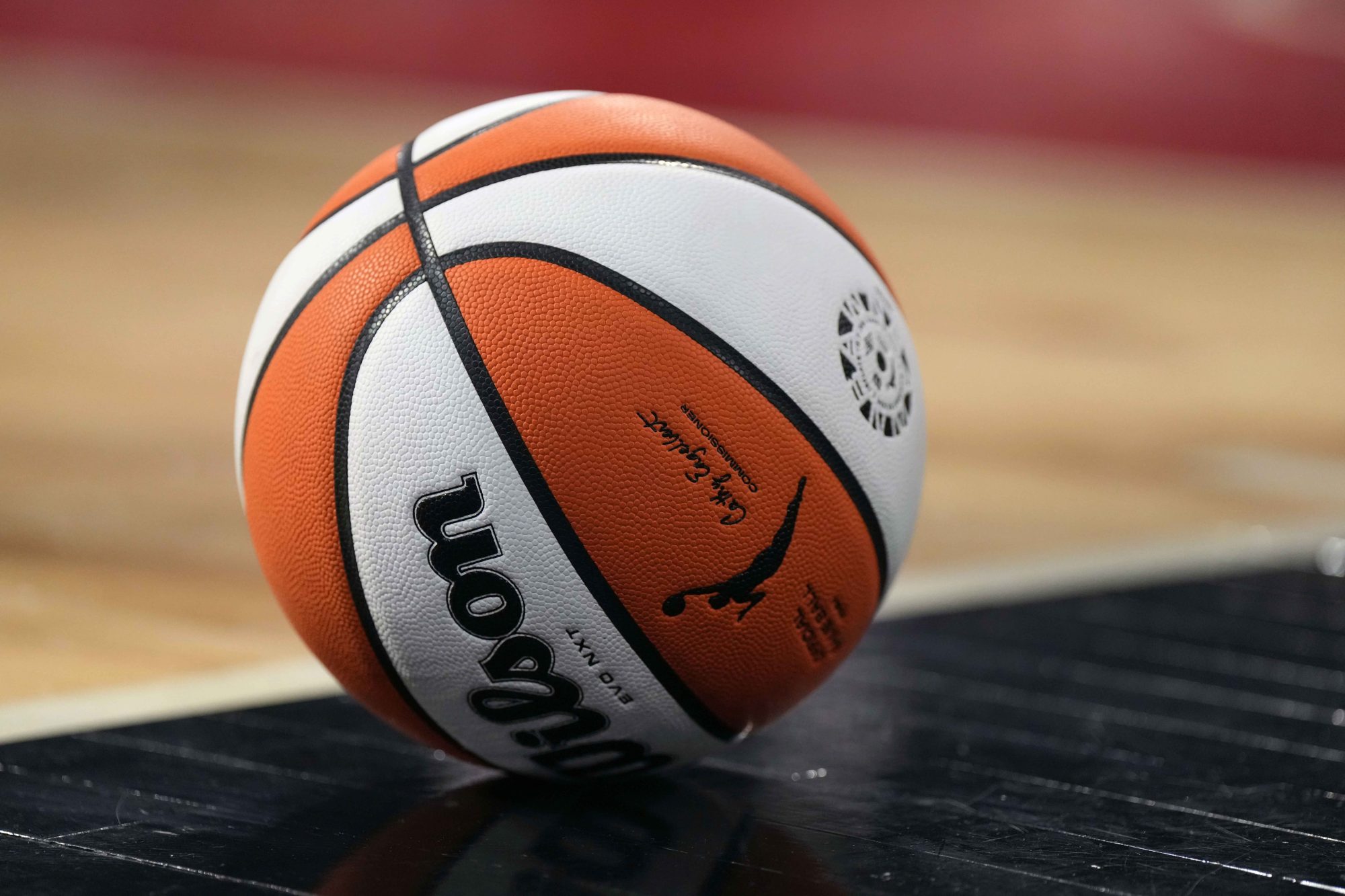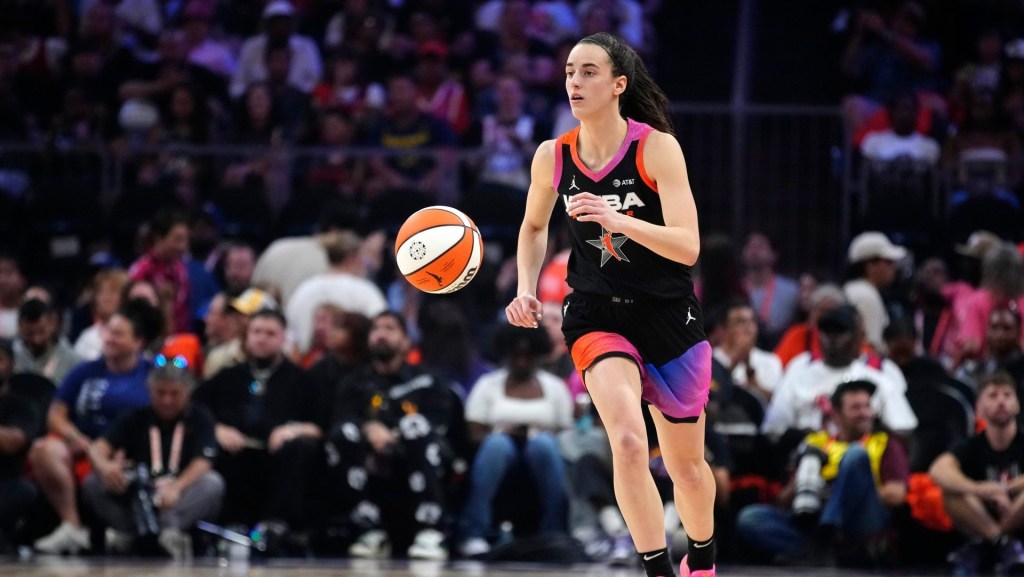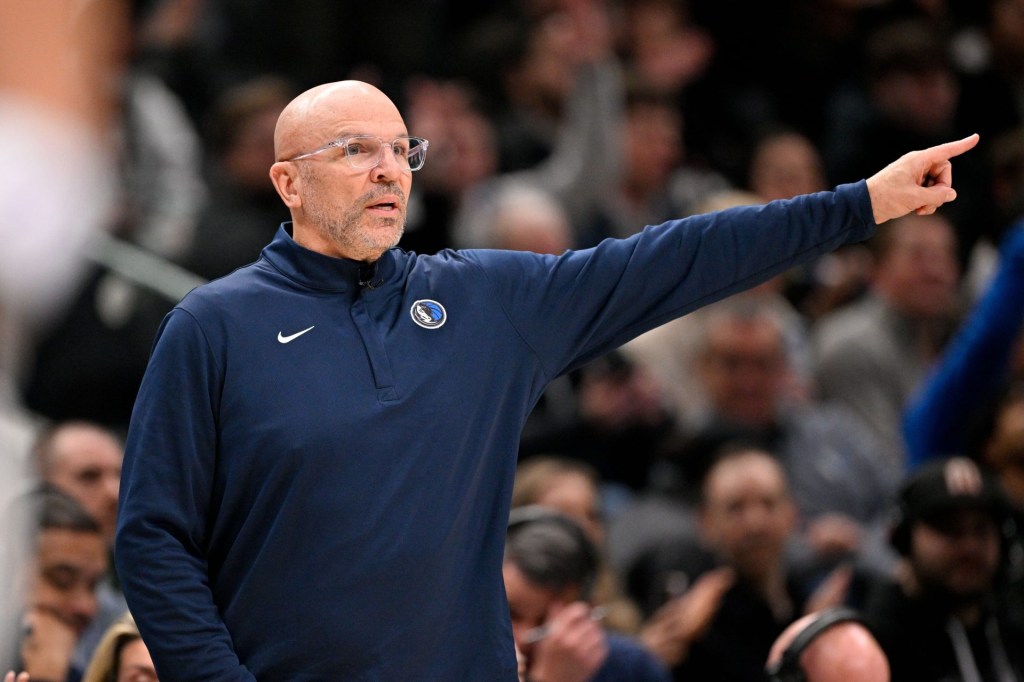The WNBA, which has long positioned itself as an advocate on social justice issues, announced a partnership Tuesday with the first FDA-approved over-the-counter daily birth control pill. The drug, Opill, fits with the league’s stated focus on reproductive health-care advocacy during the 2024 season.
“At the WNBA, we are committed to addressing issues that matter to the players, and expanding access to reproductive healthcare is one of those key issues,” the league’s chief growth officer Colie Edison said in a statement. “It’s great to be working with a partner whose values align and authentically integrates into the health equity work our players are dedicated to.”
It’s a decisive move as women across the country have lost access to reproductive rights. The same day the league announced the partnership, the Supreme Court of Arizona, home of the Phoenix Mercury, upheld a near-total abortion ban set in a 1864 law. In twelve states—including Arizona, Illinois, and Indiana, which all have WNBA teams—health-care providers, institutions, or pharmacists can refuse contraceptive care, according to the Guttmacher Institute.
The WNBA and Opill are creating a program targeting college students across the country, the league announced in its press release.
Taking a stand is nothing new for the WNBA or its players, who have long championed social activism. In 2012, Minnesota Lynx star Seimone Augustus spoke out against a proposed state constitutional amendment to ban gay marriage; Minnesota legalized it a year later. In ’19, at the height of her career, Maya Moore stepped away from the league to focus on criminal justice reform, working to overturn the wrongful conviction of Jonathan Irons. In ’20, the Atlanta Dream wore T-shirts during a nationally televised game to publicly oppose co-owner and U.S. Senator Kelly Loeffler after she disparaged the Black Lives Matter movement. It helped Raphael Warnock, who had been polling at 9% before the Dream’s shirts encouraged fans to vote for him, to win the election over Loeffler, and led to a sale of the team.






![[Subscription Customers Only] Jun 15, 2025; Seattle, Washington, USA; Botafogo owner John Textor inside the stadium before the match during a group stage match of the 2025 FIFA Club World Cup at Lumen Field.](https://frontofficesports.com/wp-content/uploads/2026/02/USATSI_26465842_168416386_lowres-scaled.jpg?quality=100&w=1024)
![[Subscription Customers Only] Jul 13, 2025; East Rutherford, New Jersey, USA; Chelsea FC midfielder Cole Palmer (10) celebrates winning the final of the 2025 FIFA Club World Cup at MetLife Stadium](https://frontofficesports.com/wp-content/uploads/2026/02/USATSI_26636703-scaled-e1770932227605.jpg?quality=100&w=1024)









